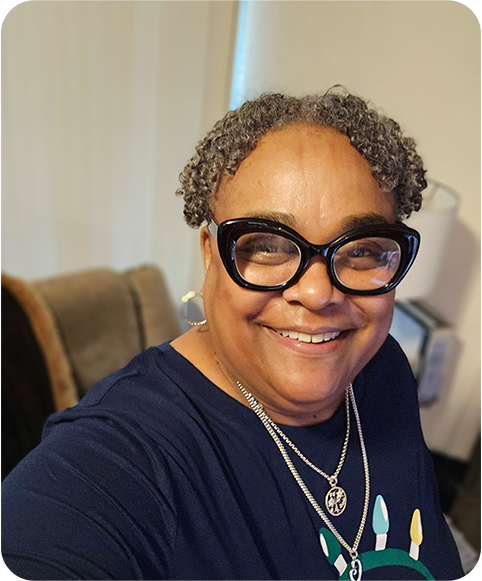Courts We Serve
Felony Mental Health Court
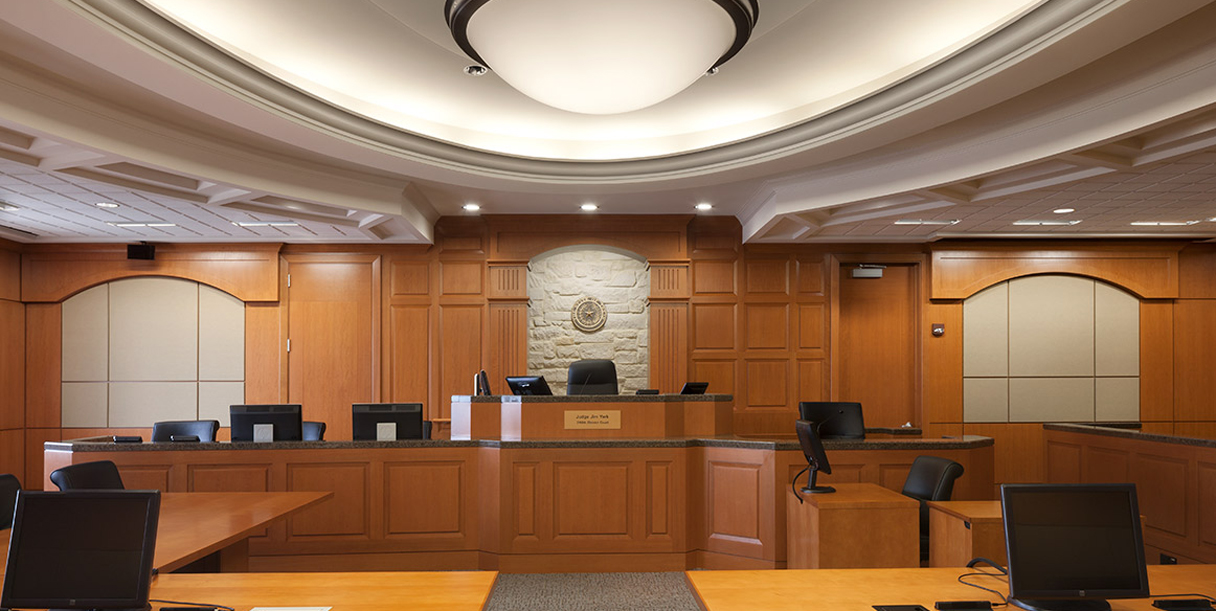
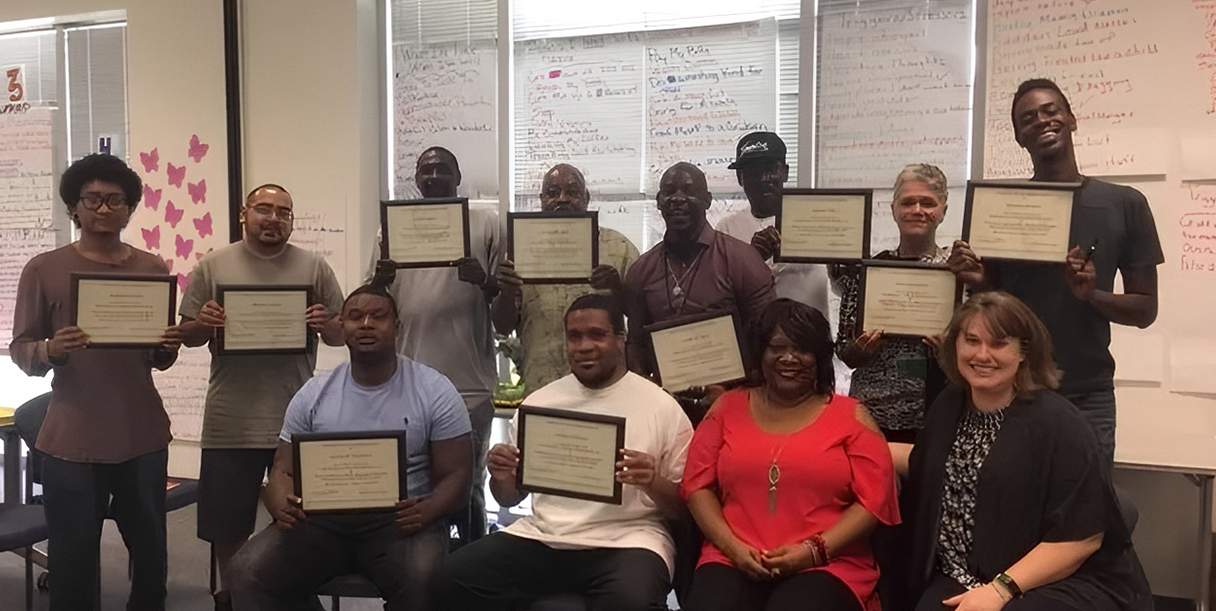
Felony Mental Health Court
The FMHC is based on the national problem-solving court model. It is a collaborative partnership between the criminal justice system, a network of community-based providers and the participant. The ultimate goal of the FMHC is to ensure public safety and minimize recidivism while diverting defendants with a mental illness from incarceration and instead connecting them to the appropriate treatment and community resources. The FMHC program is recovery-based and designed to accommodate a full range of identified needs while providing structure and guidelines to help participants reach their goals. At the beginning of the program, more intensive supervision and treatment opportunities are expected.
An important element of the FMHC program is ensuring that each participant successfully manages the transition from a highly intensive level of supervision, treatment and support to a reduced level of treatment and support. This is accomplished through the development and application of an individualized Wellness Action Plan which is designed to help the participant maintain stability upon completion of the program. Under the leadership of program director Jeannette Kolarik, a team of dedicated professionals has been assembled to ensure that all aspects of the collaborative process are represented. In addition to the Judge, the FMHC team includes a licensed master’s level clinical supervisor, a licensed master’s level court clinician, a social work case manager, two dedicated assistant district attorneys, two dedicated defense attorneys from the Public Defender’s office, two dedicated community supervision officers, and the participant.
Program Needs
- Valuable “incentives” or rewards for program participants who are making significant steps, big and small, towards their goals to improve their overall mental health, well-being and success in the program.
- Transitional and emergency housing to ensure program participants have a safe and stable place to stay that is supportive of mental health, sobriety and living a crime-free life.
- Access to specialized treatment such as family therapy and evidence-based treatment such as Cognitive Behavior Therapy and Dialectic Behavioral Therapy.
- Access to targeted therapies to help heal and empower those affected by grief, trauma and co-occurring disorders.
- Public transportation and ride-share program assistance to help participants overcome some of the basic barriers to access to care and court requirements.
Real Stories, Real Impact
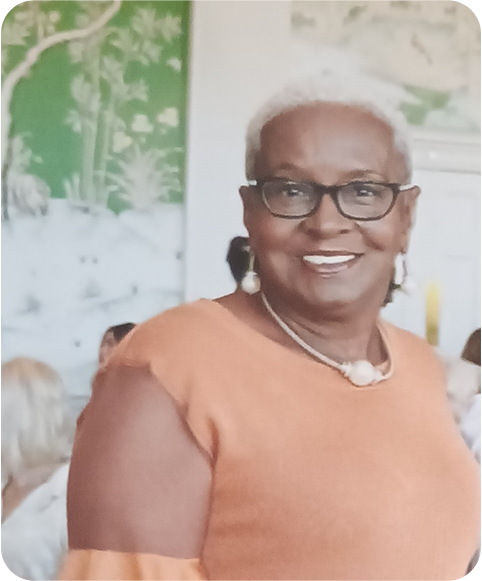
Justice Forward has been an important part of my recovery journey. While I was in the drug court program, they provided financial support for me to attend grief counseling after the tragic murder of my 13-year-old daughter. After graduating, they also funded my Peer Recovery Specialist training, which led to my current employment as a Recovery Coach. Because of their support and financial assistance, I have found peace and helped others on their own paths to recovery.
- Connie Taylor
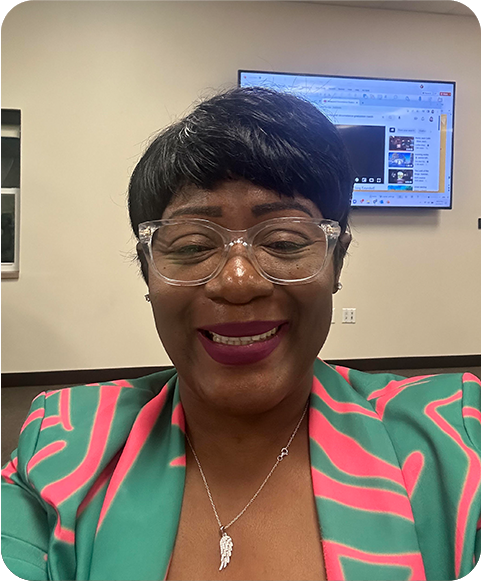
Justice Forward has helped me tremendously in my recovery journey. I’m now able to be a mother, grandmother, sister, aunt and great-aunt. I’m so grateful that I was able to get my life back on track without a recurrence of use. Justice Forward paid for my training as a peer support specialist. I have been drug-free for sixteen years and will celebrate my 17 years on April 23rd, 2025. What a joy it has been to give back to the community that gave me a new way of life.
- Jannica Smith
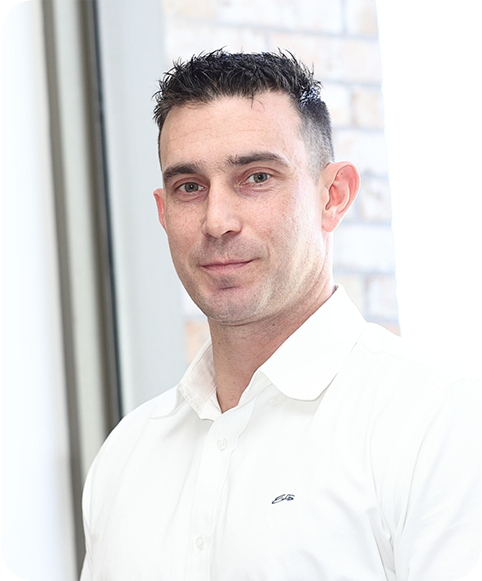
Justice Forward was my only real support system when I had none. They've paid for housing, treatment, therapy and most of all showed me that they truly care. I'm 3.5 years sober and wouldn't dream of letting them down by not paying it forward!
- James White
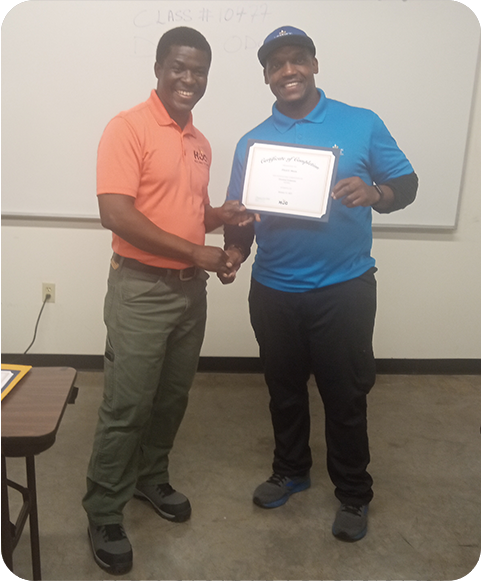
I'm so grateful to Justice Forward for their sincere assistance in helping me accomplish my dream of becoming a certified electrician. This opportunity allowed me to see something I never even knew about myself--that I can achieve anything if I wholeheartedly want it.
- Floyd Shorts
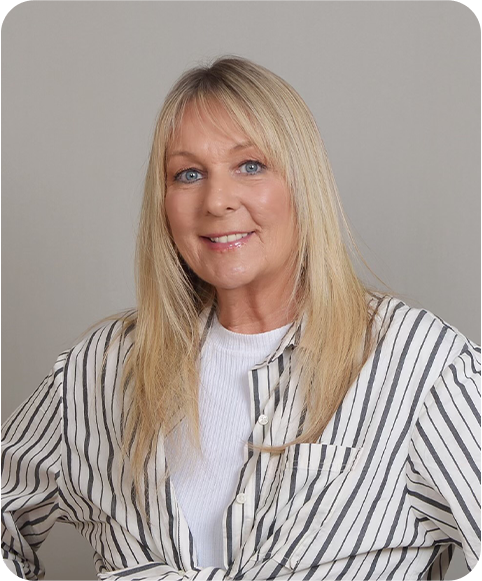
"Justice Forward has been instrumental in my journey, helping me achieve both my bachelor’s and master’s degrees. Their generous grants and encouragement have allowed me to grow personally and professionally. I’ve had the chance to share my story, speak at their events, and become a dedicated therapist in addiction medicine. Thanks to their support, I can now give back to the community and assist others on their healing journeys. I am truly grateful for their impact on my life."
- Monica Golla
